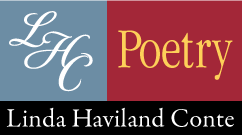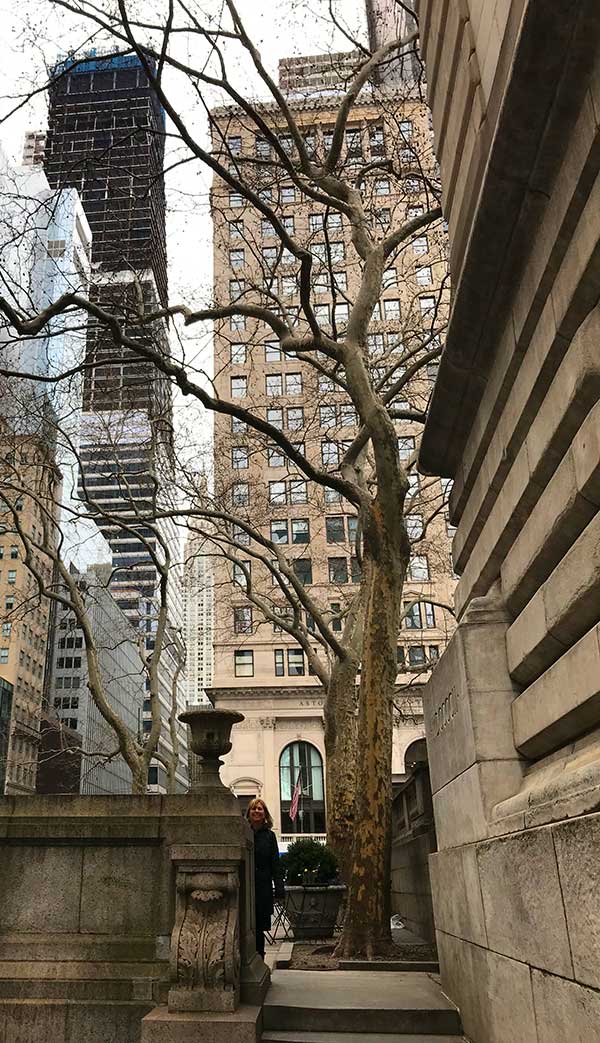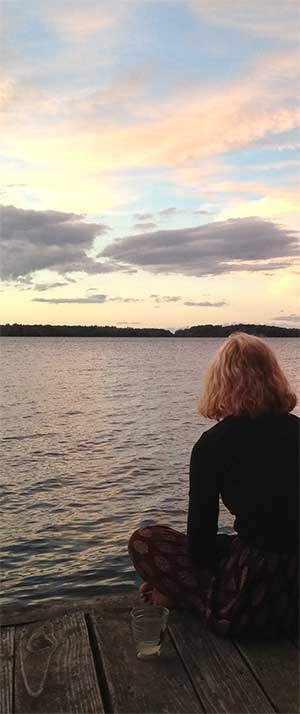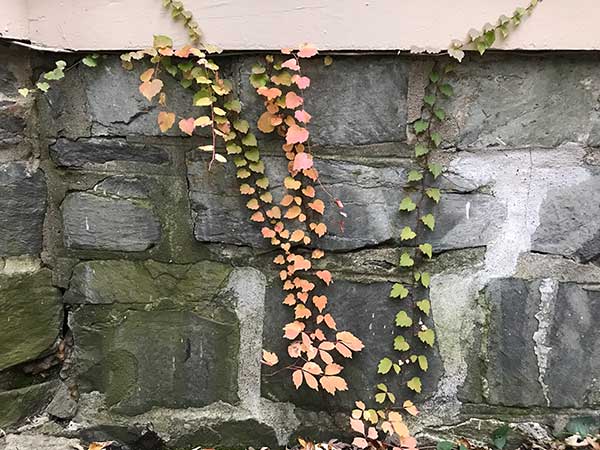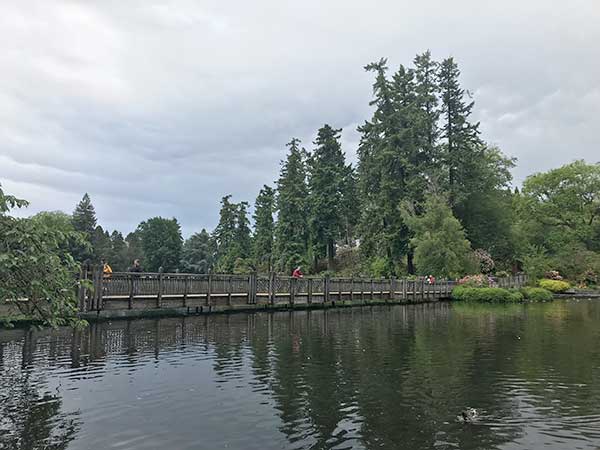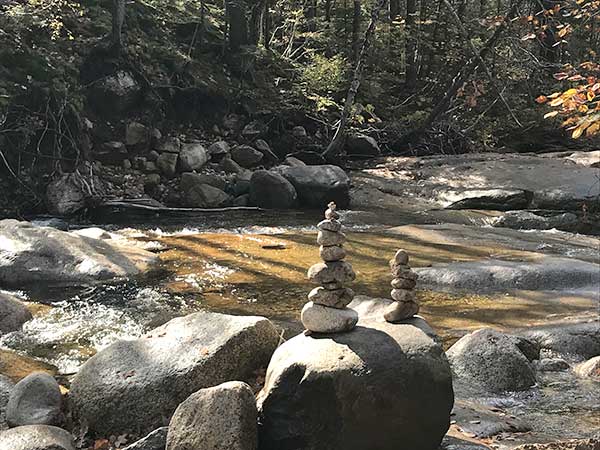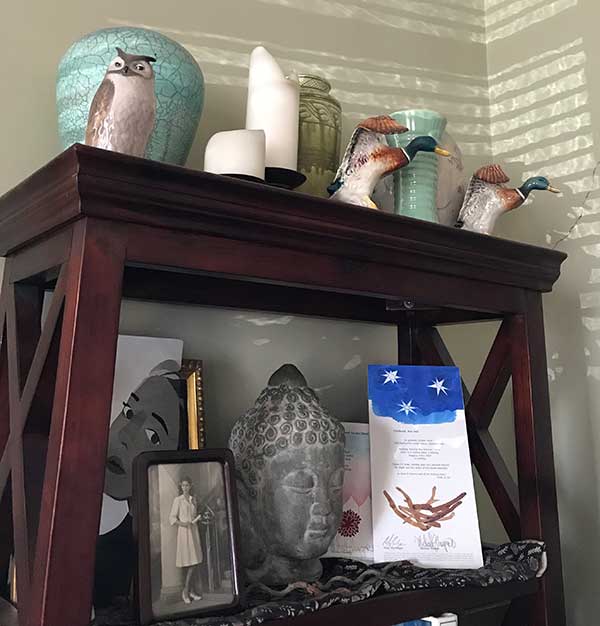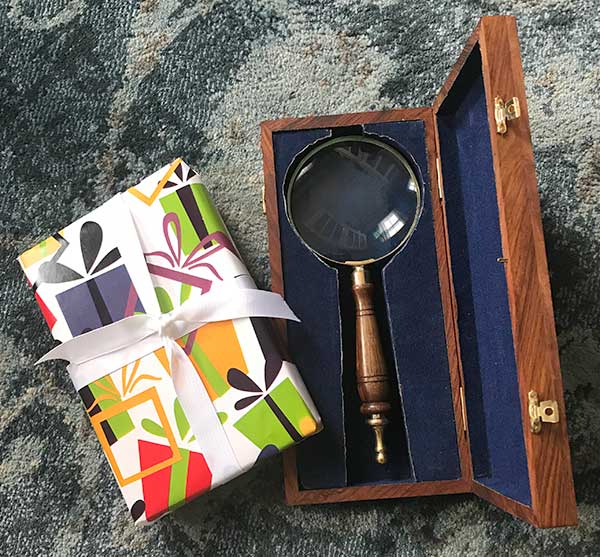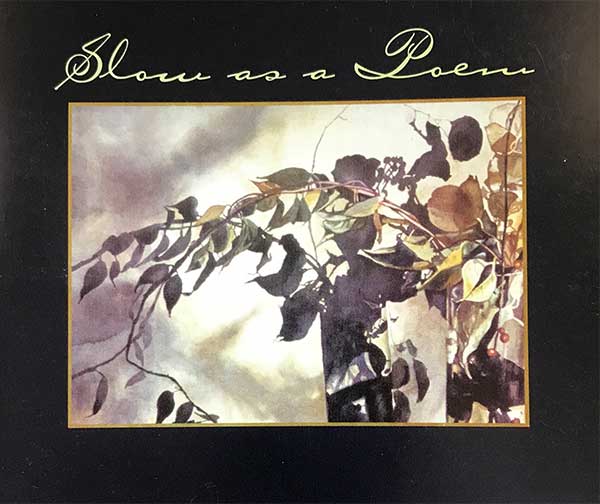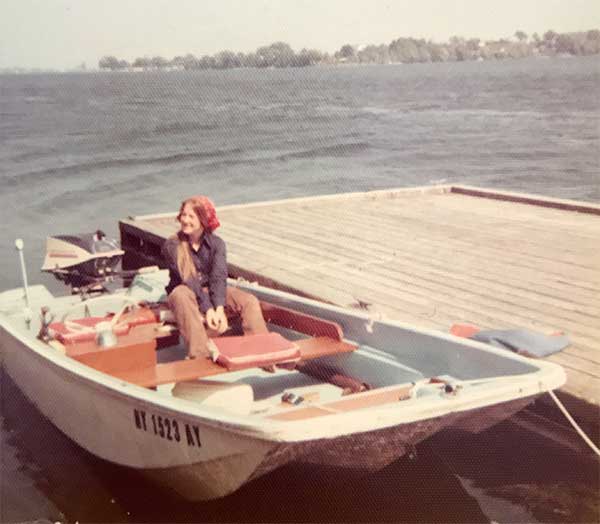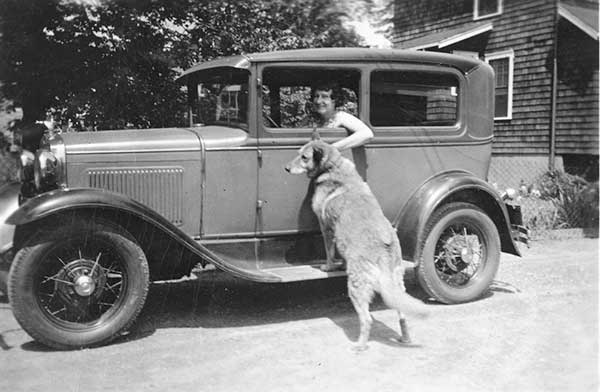Mary Oliver at the Longfellow House
August 17, 2003
Before we close the lid on our treasure chest of last summer’s pleasures, here’s a peek at one of mine: a reading by Mary Oliver on the lawn at Longfellow House in Cambridge, August 17. Organized by friends of Longfellow House, The Parks Department, and The New England Poetry Club, this event drew several hundred attendees. I glimpsed several Ibbetson Street friends and associates there, and no wonder. Diane der Hovanessian, President of the New England Poetry Club, conveyed to Oliver in her introduction there the May Sarton Award for a poet who inspires poets.
Despite the sometimes cool emotional quality of Oliver’s work, her reading persona is comfortable and friendly. She interjected a fair amount of commentary between poems, and even outlined her reading strategy as an opener: She would read a few from her new book Owls And Other Fantasies, a few new poems, and a few poems in progress. “I should have made a list of rain poems, “she remarked in acknowledgement of the drizzle. Oliver is a devout naturalist, which may explain why she was completely undaunted by the weather.
She opened with an enormously popular poem—Wild Geese, which ends
Whoever you are, no matter how lonely,
the world offers itself to your imagination,
calls to you like the wild geese, harsh and exciting–
over and over announcing your place
in the family of things.
After which followed a great round of applause with a quick hushing in anticipation of the next gem. In that moment, a songbird from the bushes just behind the audience broke into a melodious offering of its own, causing us to laugh at its impeccable timing. Oliver’s comment that “There’s a blessing” echoed our feeling for her.
Oliver’s quiet enthusiasm bubbled over the bouquet of umbrellas from The Nature Conservancy, Harvard and other schools and art museums in the audience. Whenever she read a new poem she remarked that those were particularly fun for her to read. When she read I Found a Dead Fox, she said she thought that might be her favorite; but when she read Yes,No, she said that one was definitely her favorite. That poem reiterates a common theme in Oliver’s poetry, that “to pay attention, this is our endless and proper work.” I did my best.
I had heard Oliver read many years before at M.I.T.’s Poetry at the Media Lab series. There she told of her strategy of keeping lines short in order to compel new readers not to be intimidated by poetic form. Here again she mentioned she hoped to get the “unconverted to stick with it” by doing without punctuation as much as possible. “If you don’t see a period, you keep on going,“ she said. She also mentioned that she likes to use a lot of questions in her poetry. Whatever she does to pique our interest seems to stem naturally (not affectedly) from the delicious generosity of her poetry.
One of the final poems Oliver read proved to be my favorite—The Summer Day, and I can’t think of anything better that I could have done with my summer day than to hear her read at Longfellow House. She was unable to stay for book signings, which was a shame. But to be honest I wanted to scurry off myself because I was getting a bit damp, though still smiling.
And did you feel it, in your heart, how it pertained to everything?
And have you too finally figured out what beauty is for?
And have you changed your life?
From The Swan, by Mary Oliver
Cheers, Linda Haviland Conte
